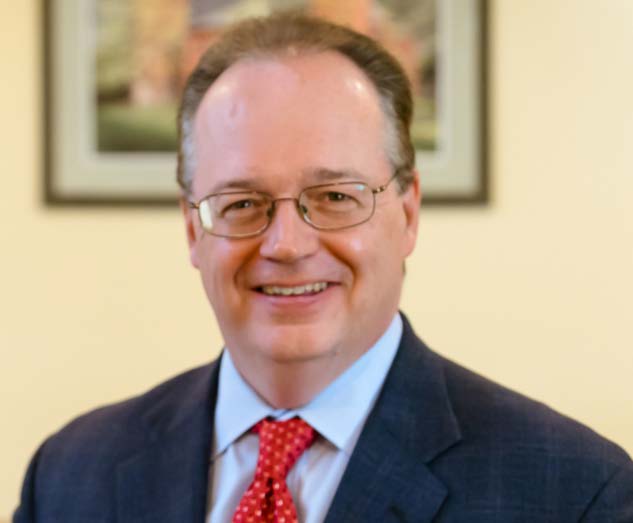 The words “Medicare Fraud” evoke images of hardened criminals creating false medical records to steal money from government healthcare programs. In fact, most “Medicare fraud” cases involve complicated allegations against large, legitimate institutions such as well-known hospitals and pharmaceutical companies. A good example is the recent $900,000 settlement by Baylor University to resolve allegations that its hospitals submitted false claims to Medicare, the Civilian Health and Medical Program of the Uniformed Services (TRICARE), and the Federal Employees Health Benefit Program (FEHBP). At issue were claims for intensity modulated radiation therapy (IMRT), a type of high-precision radiotherapy that uses computers to deliver precise doses of radiation to a malignant tumor or specific areas within the tumor. IMRT is used when extreme precision is required to avoid harming surrounding organs or healthy tissue. The government alleged that Baylor submitted improper claims for IMRT (an expensive procedure) when a different, less expensive procedure should have been billed. The government also alleged that Baylor failed to maintain supporting documentation in the medical records and did not provide corroboration of physician supervision. In other words, this was a dispute over professional medical judgments and record keeping. And it cost Baylor more than $1 million when its attorney’s fees are included in the settlement costs. Under the False Claims Act, the government is not required to prove that the hospital or other healthcare provider intended to defraud Medicare or another government program. Very severe penalties may be imposed if a court finds that the healthcare provider knew that a claim for reimbursement was not justified by medical necessity or was not supported by complete documentation. If a healthcare provider is found to have violated the False Claims Act, it must pay three times the amount the government paid on the allegedly false claims, plus a penalty of $11,000 per claim. The heathcare provider may also be excluded from future participation in government healthcare programs. Healthcare providers often choose to settle False Claims Act cases and refund some money instead of spending hundreds of thousands of dollars or more on legal fees to defend themselves at trial where a loss could mean a multi-million dollar judgment, exclusion from government healthcare programs, and adverse publicity. The key to resolving these types of disputes is getting expert advice from an experienced healthcare lawyer at the earliest possible stage of a government audit or investigation. A lawyer with intimate knowledge of reimbursement rules and regulations can help you work with auditors and investigators to explain your actions, answer their questions, and often resolve disputes before they become a federal case with the local prosecutor. If you are facing a government audit, investigation, or healthcare fraud charges, then you should consult with an experienced False Claims Act attorney immediately to protect your rights. To arrange a free and confidential consultation by phone or in person, call my office today at (917) 652-6504 or click here to contact me via email. John Howley, Esq. The information you obtain at this site is not, nor is it intended to be, legal advice. You should consult an attorney for advice regarding your individual situation. I invite you to contact our law offices and welcome your calls, letters and electronic mail. Contacting us does not create an attorney-client relationship. Please do not send any confidential information to us until such time as an attorney-client relationship has been established. I practice law and offer legal services only in jurisdictions where I am properly authorized to do so. I do not seek to represent anyone in any jurisdiction where this web site does not comply with applicable laws and bar rules.
0 Comments
Your comment will be posted after it is approved.
Leave a Reply. |
John Howley, Esq.
(212) 601-2728 |
